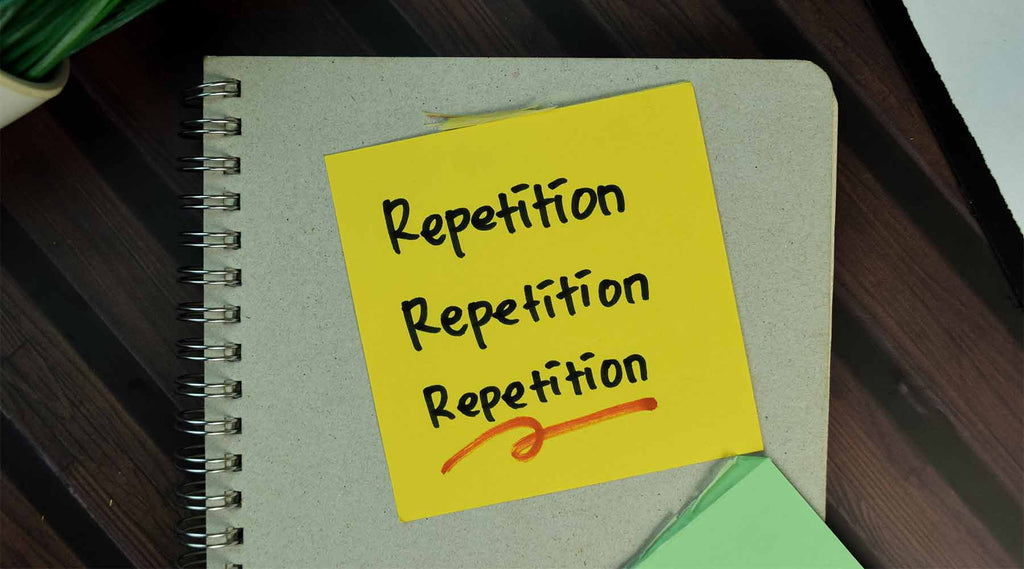
The better they get at it.
That's a phrase that anyone who has taken the "DementiAbility Methods: The Montessori Way" workshop is familiar with.
Research shows that the performance of dementia patients improves with repetition. They may not recall having done the activity before, but they do it better.
What this means is that repetition is good. The first time a person with dementia is exposed to an activity, they likely will not be able to complete it from start to finish. That's not unexpected and should not be of concern. The first time the person is introduced to the materials they are becoming familiar with the activity and components and with proper direction they will associate it with positive emotions. With each further exposure, they will build on their past success and become more engaged in the activity.
It is important to remember and recognize that each person may have a different approach to the same activity. One person may enjoy putting the pieces into an orderly pattern while others may prefer something more abstract. One person may be happy to explore the pieces by touch and feel while another may be more satisfied placing them on a template.
Take folding tea towels in a "tuxedo" fold as an example. The first time a person is exposed to the activity, you may get only as far as folding each tea towel into thirds. That's a good start. The next time they may fold the towels into thirds and you can see that they're ready for more, so you demonstrate the next fold and have them do it. If they're not ready, just leave it at the original thirds until the next time. This process of repetition and adding a new step when the person is ready continues each time the activity is presented. Remember, each time the activity is presented, end with "Good job" and "Would you like to do this again some time?". The idea is that over time, the person becomes more proficient at the activity which gives them a feeling of satisfaction and accomplishment.
For more information on presenting dementia care activities, you may want to read these articles in our Learning Center...




